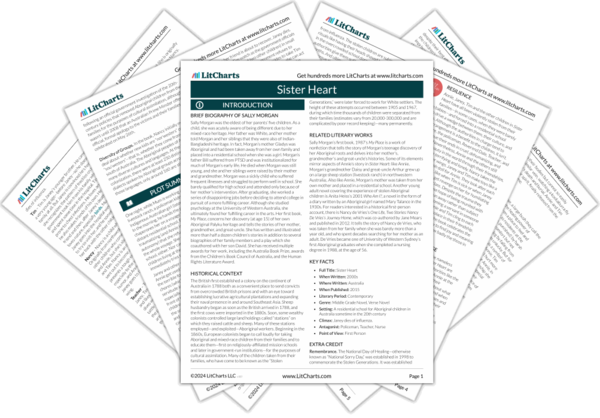Janey must become seriously ill before anyone at the school takes it seriously, even though it’s clear that she’d be in much worse shape if it weren’t for the attention and care of Nancy, Emmy, Dot, and Annie. Earlier in the book, Nancy and Janey told Annie that nor’westers and sou’westers stick together, but now it’s clear that the children’s humanity transcends limitations of geographical and cultural differences. They are all in this together, and their love infuses the school and the story with the humanity drained away by the government and cultural authorities.
